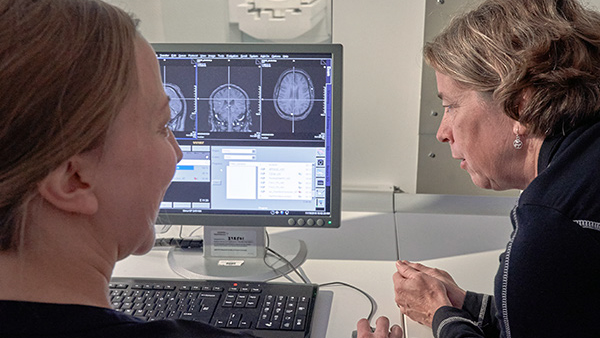Sport And Exercise Psychology, Thesis track
Sport and Exercise Psychology (SEP) integrates theory, research, and practice. This program includes the study of cognitive, emotional, psychophysiological, and social factors that influence sport and exercise behaviors as well as the effects of physical activity on psychological factors. Graduate students in SEP typically come from Kinesiology or Psychology undergraduate programs and come to UNCG to learn how to enhance human development and functioning by acquiring cutting edge knowledge in the area of SEP.
The M.S. degree with a concentration in SEP is intended for individuals who wish to gain an advanced knowledge base in sport and exercise psychology. The thesis track (36-credit hours) prepares you for doctoral-level study at a research-focused university. In this program, you will take courses focused on SEP content, research methods and statistics, and other electives suited to your particular research interests. You will also typically work with an advisor with similar research interests.
The Student Experience
- The Sport and Exercise Psychology labs are available to graduate students. They consist of several smaller spaces dedicated to each faculty member’s specific research agenda. These spaces complement the Department’s larger laboratory spaces, which are available for SEP research as well as for collaborative, interdisciplinary projects.
- Faculty in SEP have ongoing collaborations with other subdisciplines in Kinesiology (e.g., Exercise Physiology, Applied Research Neuromechanics) and with other departments (e.g., Human Development Family Studies, Psychology, Nursing), and Centers (Center for Women’s Health and Wellness, Center for Athlete Well-being) across campus.
After Graduation
The M.S. in Sport and Exercise Psychology Thesis program prepares you for doctoral level study at a research focused university.

